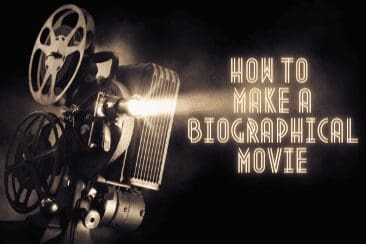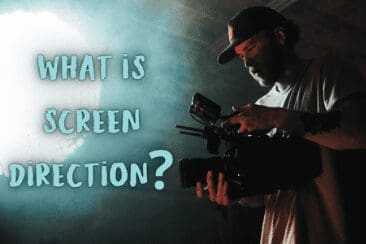As any filmmaker will tell you, there is a lot that goes into movie production. Therefore it is key to meticulously plan every aspect of your film. That is why a movie pre-production checklist is vital.
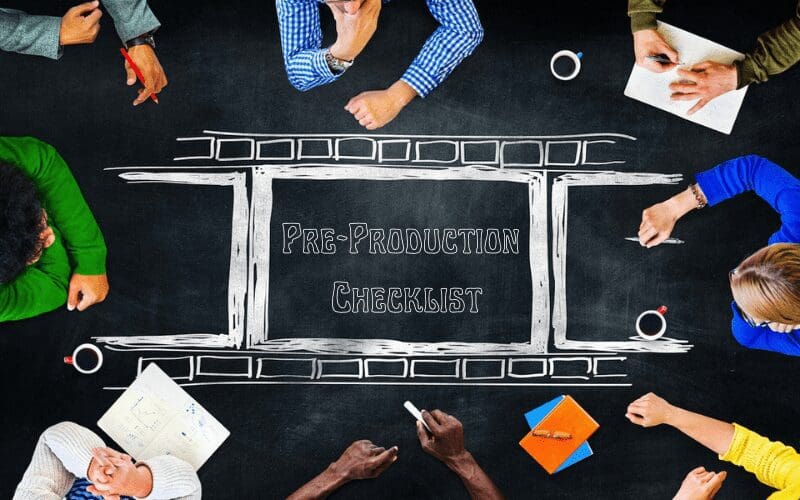
In this article, we will take a look at why a movie pre-production checklist is important and everything you need to include.
Be sure to stick around until the very end so you don’t miss out on any key information.
What Is Pre-Production?
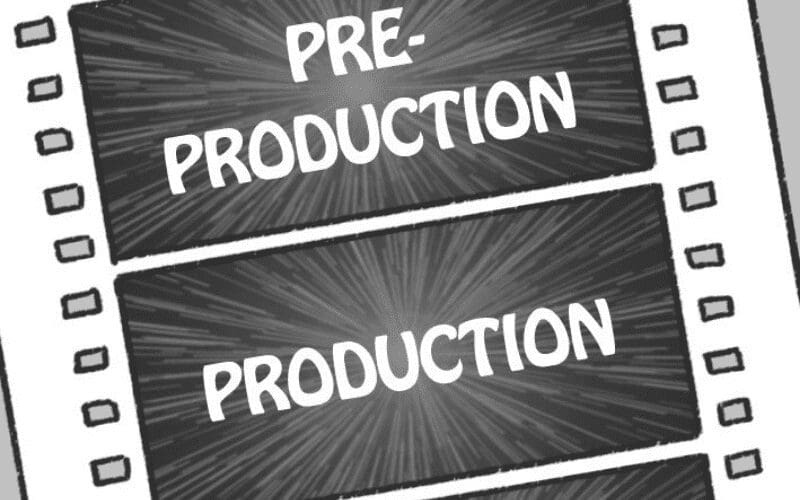
Pre-production is the stage of a film where all the planning is done to ensure the movie production runs smoothly.
This stage consists of many things, such as script finalization and hiring cast and crew.
Why Have A Pre-Production Checklist?
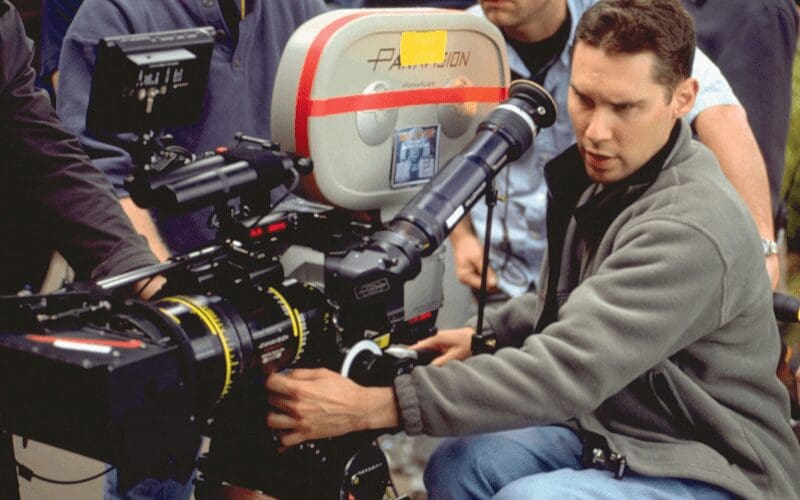
A movie pre-production checklist is vital as it ensures that you have accounted for everything you will need in the production phase.
Having a coherent and extensive pre-production checklist covers all bases and means that you won’t miss out on any aspect of your production.
The Pre-Production Checklist
Now that you know about the importance of having a pre-production checklist, we will take a look at everything your movie pre-production checklist should include.
Without further ado, let’s dive in!
Lock In Your Shooting Script
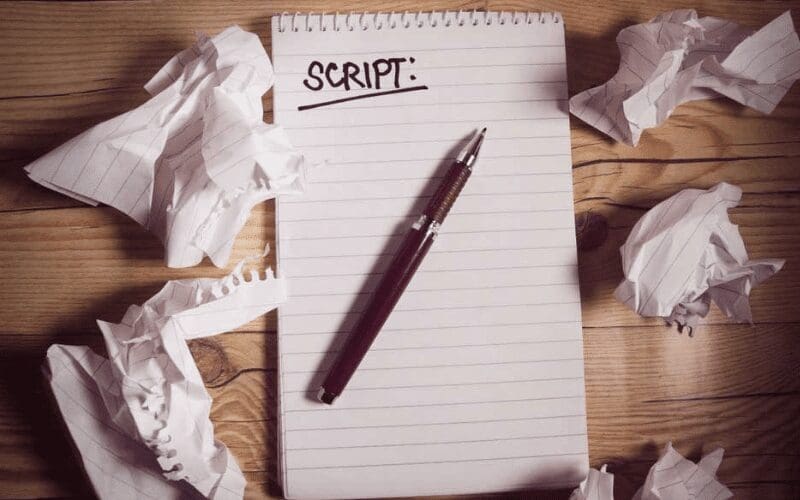
While it is not necessarily vital to lock in your shooting script before the other stages, it is a good place to start to put your mind at ease.
Almost everything in your production refers directly to these pages. Therefore, the earlier you lock it, the better.
Not all considerations will be included in the script. This is of course because writers are not line producers and production coordinators. However, producers of any kind will still need a script of some sort to find those hidden elements.
Script changes are inevitable and will almost certainly happen mid-shoot. However, the whole point of the pre-production process in film is to head many of those missteps off at the pass.
So start with the script and try to lock it in early.
Finalize The Budget
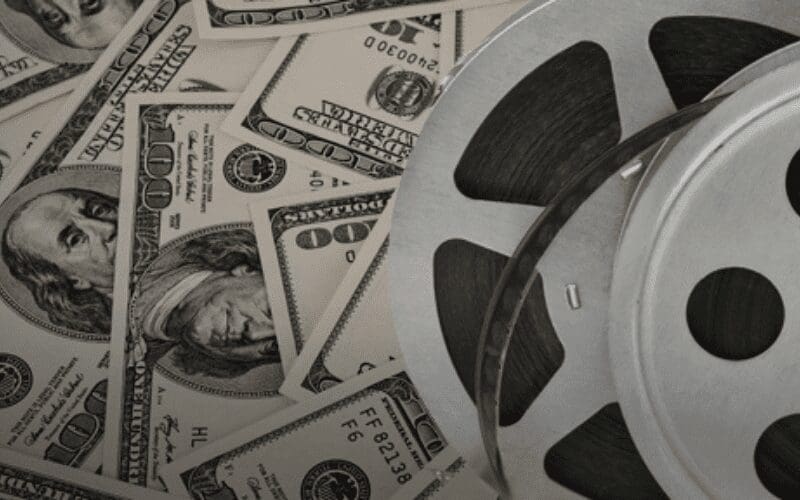
When you plan your budget, you will need to account for each and every budget item. You could estimate some parts, like equipment rental fees or transportation. Budgets can always evolve over time, for better or worse. But, you need to know what you can and cannot afford from the start. This is an absolutely vital part of any movie pre-production checklist.
Using spreadsheets is a great way to keep it all straight and you can adjust it as you go. The budget stage can impact a film before it gets started. Scripts can be prone to change if the budget won’t allow certain scenes. Additionally, production could be delayed as more fundraising needs to occur.
Or, looking at it from a more positive angle, a surplus will allow you to have a bigger sequence in your movie than you anticipated.
Start Your Business

You could consider this stage more about acquiring cash flow than anything else. This is because you’re going to want cash on hand for a lot of steps after this.
Even if you can’t start cash flow yet, or don’t need to, look at this step as a chance to get all your monetary affairs in order.
This is a step where you need to check if you have all the start paperwork you’ll need. Production crew release forms? Contracts? Blank 1099s? It’s important to consider all this so nothing catches you off guard during production.
This step includes setting up a production office, a familiar yet integral part of the pre-production process. Your production office may just be a laptop and a binder. It may also be an entire floor of a building.
Hire Key Production Heads
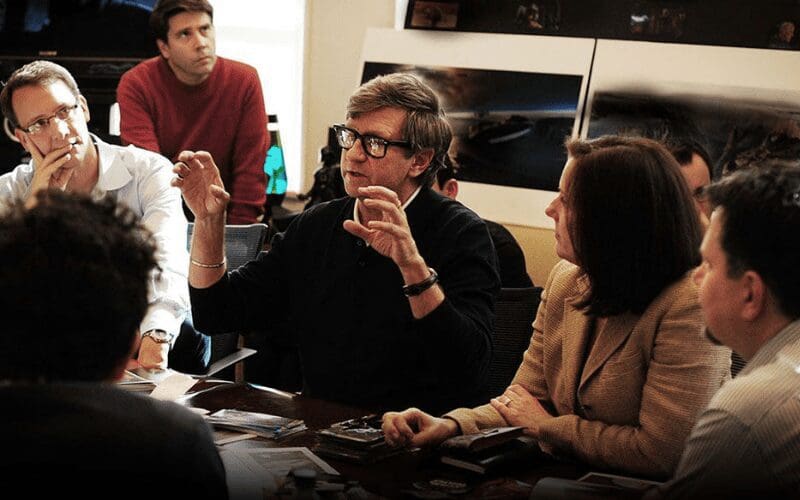
The first people you need to get are the Line Producers, a UPM, or a Production Coordinator. You might also want your 1st AD, but they can come in a bit later.
If you don’t already have a director, get one after you have found your line producer. The director should be able to help you find the cinematographer.
This is a good time to check your crew contact list for anyone you’ve worked with in the past that you trust and would like to bring on. This is why keeping a comprehensive list of all prior crew you’ve hired is wise.
If your project is going to have heavy make-up requirements then that’s someone you’d want to find early in this phase. But if not, that hire can wait.
A pro tip for this stage of pre-production is to get the people you need early on board early. The earlier this is done, the faster you can tick through your movie pre-production checklist.
Break Down The Script
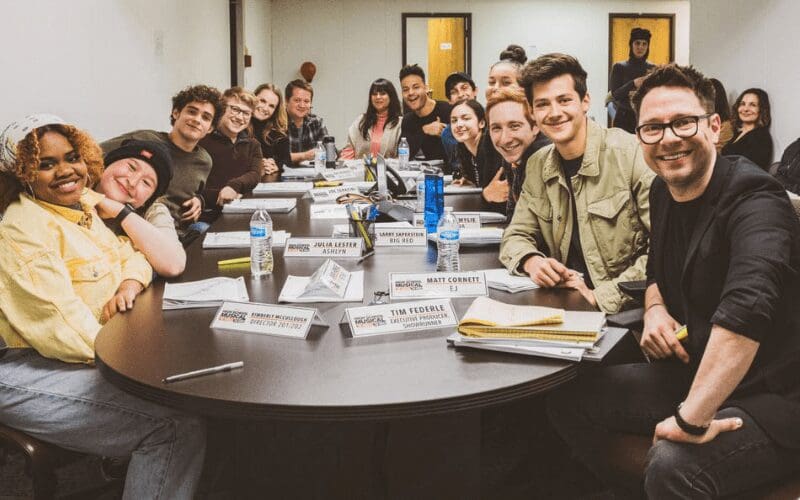
The script breakdown process is a fun part of pre-production. Essentially, you’ll turn words into props, scenes, costumes, and locations… your screenplay is turning into a series of lists and reports.
With those reports, you’ll have a much clearer idea of what you’ll need to budget.
In a way, you’re digesting the ‘concept’ of your movie and it’s turning into real-world elements. Now is when you and your team are really starting to figure out how to make a movie.
Create The Storyboard
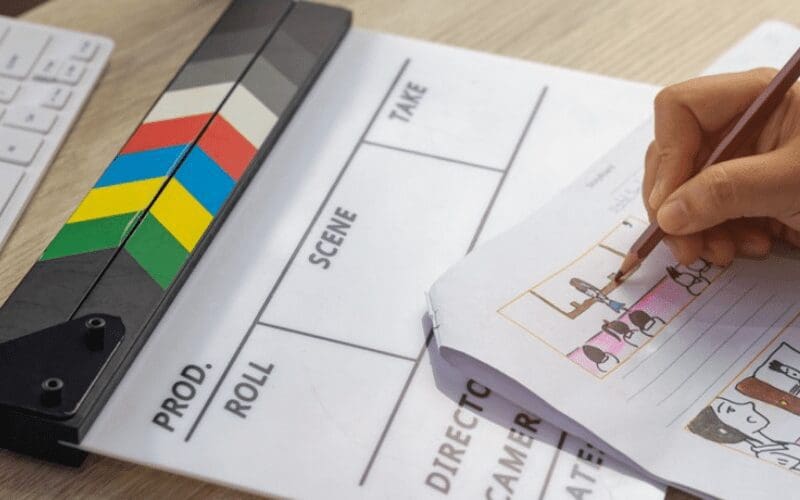
Apart from the scriptwriting, this is the first proper creative step of pre-production. Storyboarding is essentially putting everything you have into a visual scene. Storyboards are illustrated realizations of the screenplay.
They resemble some sort of comic book; they’re a crucial visual aid that shows what the edited film will look like. Scene by scene, shot by shot.
For more information on storyboarding, check out this article on How To Storyboard.
Scout & Secure Locations

When scouting locations, it is a good idea to bring as many department heads/crew members as you can. The cinematographer will want to know where the sunlight is coming from.
Also, your producer will want to know where the cast and crew will park and use the bathroom. Your sound engineer will want to listen for trains, planes, automobiles, and construction sites.
Make sure you take some pictures and put them in your lookbook. For more on this topic, check out our article on Location Scouting.
Cast Your Talent
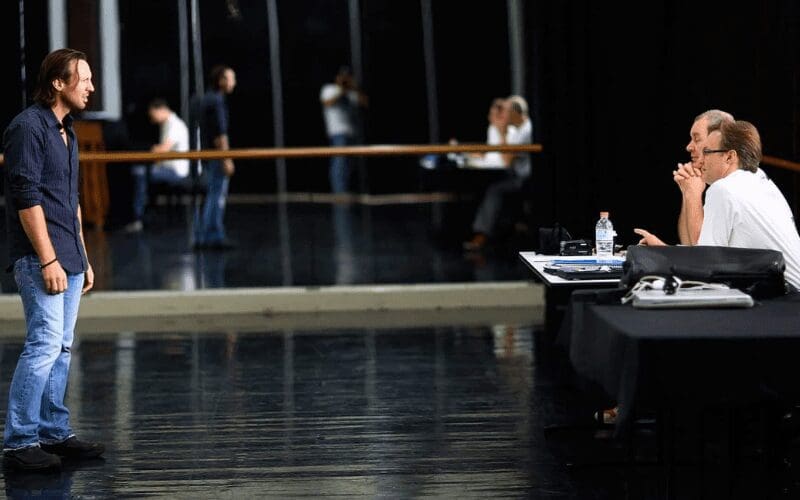
If you can afford a casting director, they can be very useful to have on board. A casting director might be able to land you a well-known actor. This can bring a lot to your film, including a possible audience.
Also, big actors like to work with other good actors. If you can secure just one known actor, you never know how far the project will go.
Art Department
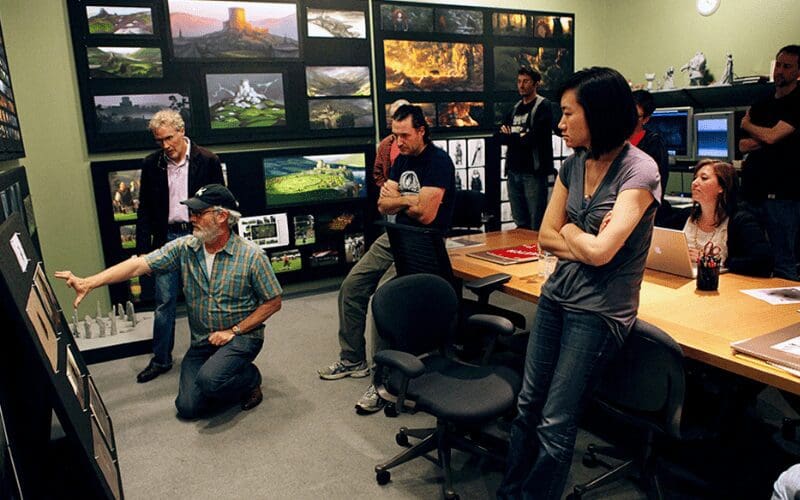
At this stage, you will want to organise some set dressing and perhaps some props.
This isn’t too big a step and not much to worry about, but could still help.
Schedule Your Shoot
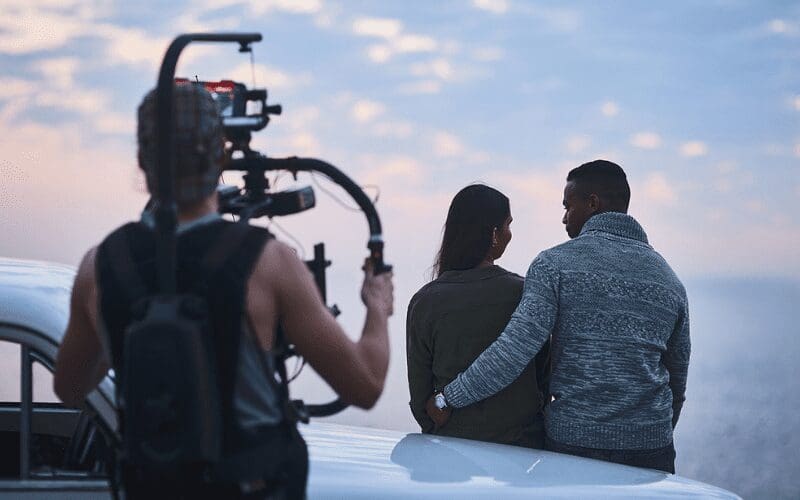
Schedules have a profound effect on budgets and resource allocation. If one location appears in different parts of the film, it is a lot less costly to schedule all of those scenes to be shot in the same block of time.
This is called “stacking production” and it makes logistics easier, shoots cheaper, and reduces wear on the production. It’s just one of the many efficiencies a schedule offers. In this part, you can plan when to shoot day scenes and when to shoot night scenes.
The limited availability of an actor or location can dictate when certain scenes are shot. This additionally affects what scenes should be shot around them.
Without a simple schedule, your production could spiral out of control and become a complete mess. So be sure to carry out this step!
Permit & Insurance

Once you have created a schedule, it’s time to apply for the proper permits. This step should go hand-in-hand with scheduling the shoot dates.
You will need to secure permits, which will generally require insurance. If you have a small enough crew, you might be able to shoot for free.
Crew Up
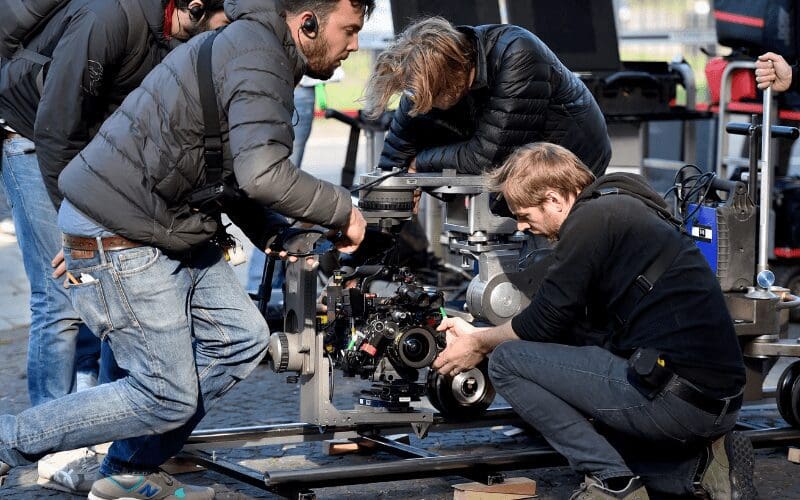
By now, you’ve probably got a good chunk of your core team. Producers, department heads, maybe even some actors. Now you have to make sure you have all the crew members your script breakdown requires.
That means everybody: grips, electrics, PAs, drivers, prop masters, camera operators, boom operators – everybody. Start making calls. See who’s available. Nail them down for the shooting schedule. And make sure they have a backup crew who can take their place in case something changes.
Create A Shot List
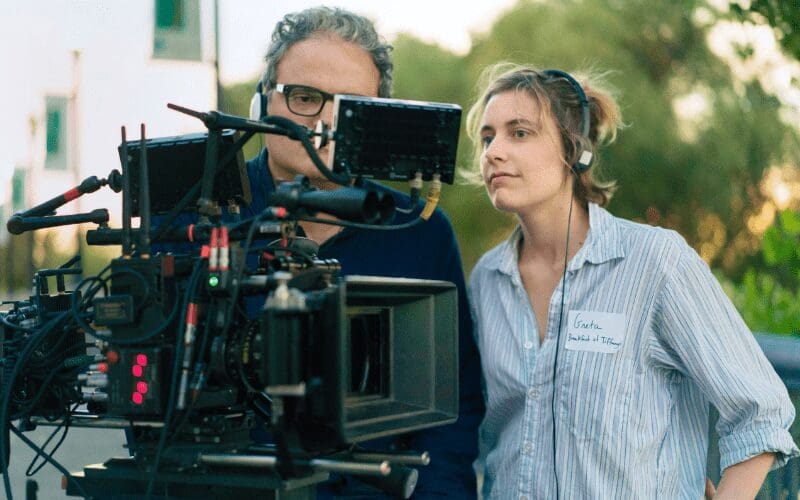
Your screenplay has already told your story. However, now you have to figure out the logistics. Shot by shot, scene by scene, you have to outline as well as you can what will be needed to fulfill the camera image and movement for each cut.
In this sense, a shot list is a form of pre-editing. Before you hit set, you’ll know what the blocking needs to look like, what order to do camera setups in, and many other necessary details.
This will help department heads determine the crew and equipment they need. It will also help you plot a shooting schedule, budget, and more.
The shot list, like the storyboard, issues from the creative side of the production, but in effect creates a bridge into the real-world equations of actually making the film.
Besides helping in pre-production, the shot list should always be on set to help organize production and ensure that every shot the project needs is captured.
Gear Up
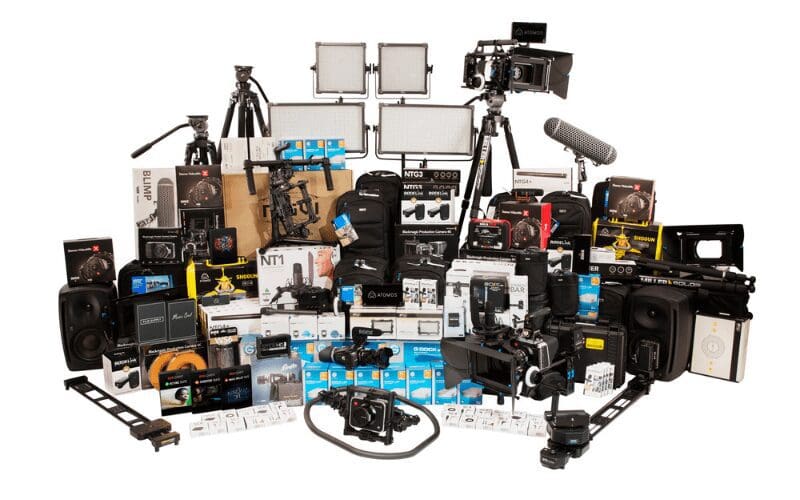
You’re going to need a lot of gear if you want to produce a professional-looking film. You will need serious cameras, sound recording equipment, film lights, sandbags, electric cable, and so much more.
If budget is a concern, you may be able to buy used stuff cheap and recoup costs by renting it out later yourself. Whatever it is you’ll need, be sure to have it all planned out. Do not wait until the last minute and have contingencies if it doesn’t go to plan.
Now You Have A Pre-Production Checklist
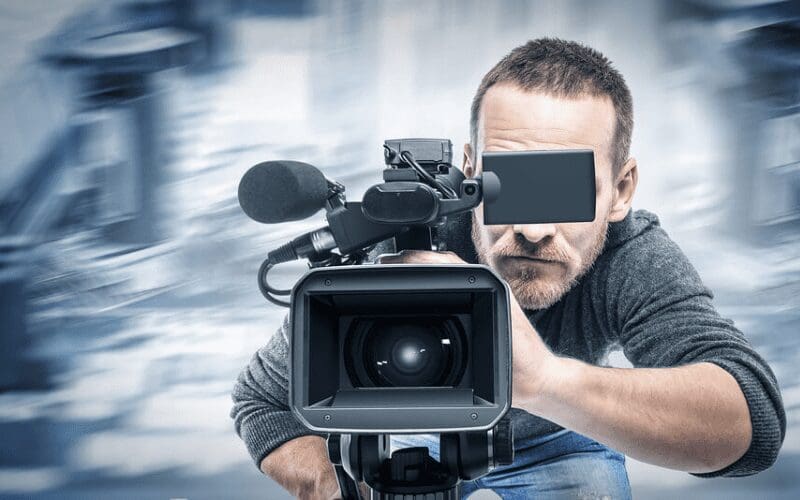
There we have it! There is everything you need to know about a short film pre-production checklist. As we have seen, there is a lot to consider in pre-production. Therefore, having a checklist will ensure that you have everything you need and leave nothing to chance.
Now you have everything you need to make your film! We look forward to seeing it.
Did we miss anything off our checklist that you can’t live without? Let us know in the comments below. If you enjoyed this article, why not share it on social media. Tag us @musicgateway.
If you enjoyed this article, why not check out another on our blog? To get you started, we recommend our Film Terminology Glossary, Movie Sets 101, and Production Coordinator Guide.
Are You A Filmmaker?
Need financial backing to support your project? Our film investment can back projects of all sizes from independent short films to major releases covering all corners of the globe. If that wasn’t enough, promote your work, list your upcoming films and allow fans to pre-order or buy them with your very own Showcase site. Finally, with our concierge and service and extensive music library, allow us to help you find music for your film. Check out our Music Licensing service for starters!

